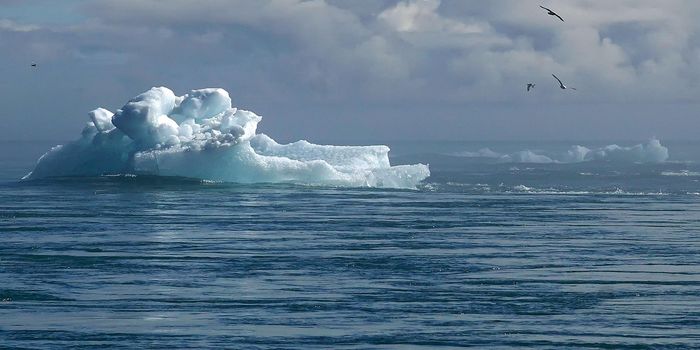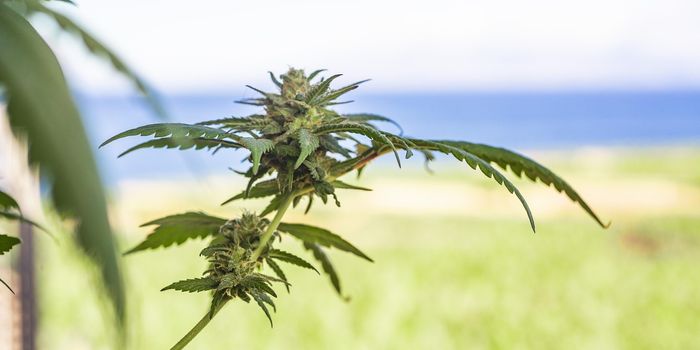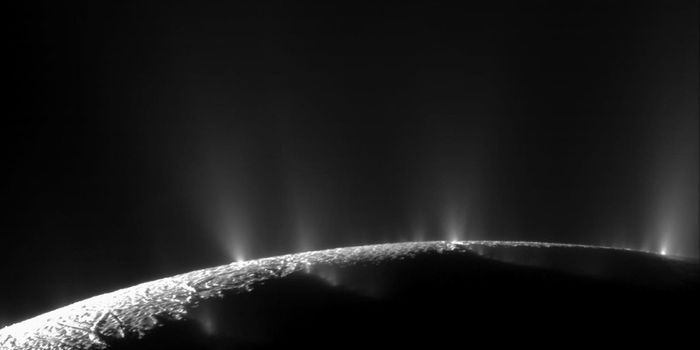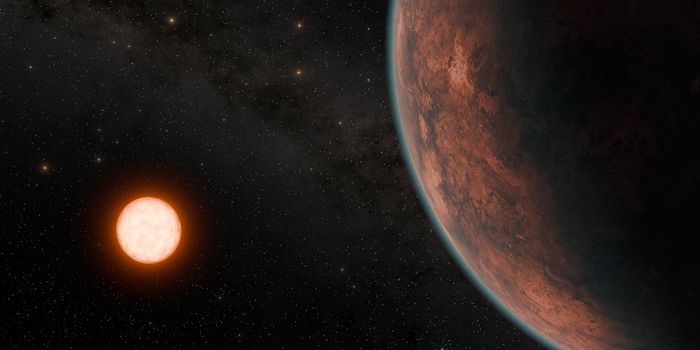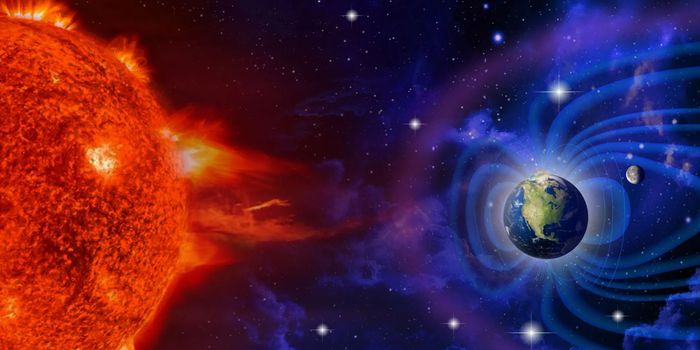There is a hidden door behind the controversy of eating a vegetarian or vegan diet. Many people choose to be vegetarians, myself included, because of the impact that the meat industry has on animals and resources. Did you know that humans eat 230 million tons of animals a year? That’s twice as much as we did 30 years ago. And all those chickens, cows, sheep and pigs require huge quantities of food and water, emit methane and other greenhouse gases and produce mountains of physical waste. Though you might not know the exact numbers, if you’re environmentally conscious you are probably aware of the gist of it.

Photo: www.theplaidzebra.com
That’s why a study by Carnegie Mellon University researchers, which says that adopting the US Department of Agriculture's (USDA) current recommendations that people incorporate more fruits, vegetables, dairy and seafood in their diet could actually be worse for the environment than what Americans currently eat (a lot of meat), so thoroughly surprised me.
Paul Fischbeck, one of the study’s scientists explains, "Eating lettuce is over three times worse in greenhouse gas emissions than eating bacon," "Lots of common vegetables require more resources per calorie than you would think. Eggplant, celery and cucumbers look particularly bad when compared to pork or chicken."
And yet. Livestock's contribution to climate change can be calculated as low as 5-10% of global emissions or as high as 50% (the numbers are disputed). Either way that number is way too high for comfort. Raising animals for food (including land used for grazing and growing feed crops) now uses a staggering 30% of the Earth’s land mass. In the United States, 70% of the grain grown is fed to farmed animals. Can you even imagine how many hungry bellies could be filled with that food?
Back to the study: the results point to some logic, which is when you contrast meat and vegetables on their impact per calorie as opposed to by weight, veggies suddenly don't look quite so environmentally friendly. Looking at it from this perspective, it means that you have to eat way more vegetables (and therefore spend more water and land growing them) in order to gain the same calories that you gain from meat of the same serving size. "If you stop eating beef, you can't replace a kilogram of it, which has 2,280 calories, with a kilogram of broccoli, at 340 calories. You have to replace it with 6.7 kilograms of broccoli," Tamar Haspel wrote for
The Washington Post. "Calories are the great equaliser, and it makes sense to use them as the basis of the calculation."
But what if we look at it not just from the perspective of vegetables? Most vegetarians don’t exist solely on broccoli, but on meat-alternative protein sources as well, such as soy products. For instance, to produce one pound of animal protein vs. one pound of soy protein, it takes about 12 times as much land, 13 times as much fossil fuel, and 15 times as much water. One
previous study found that following a lacto-ovo vegetarian diet (no meat, fish, or poultry) would result in a 33% decrease in greenhouse gas emissions, and vegan diets go even further, with a 53% decrease in emissions.
Nevertheless, the study finds that shifting to a more plant based diet would increase energy use by 38%, water use by 10%and greenhouse gas emissions by 6%.
So then what can we draw from this study? Clearly there is still much controversy and the conclusions are difficult, conceded the team, but Fischbeck summed it up nicely: "You can't lump all vegetables together and say they're good. You can't lump all meat together and say it's bad.” Or in other words from Hilary Hanson for
The Huffington Post, "not every plant product is more environmentally friendly than every meat product."
Sources:
The Guardian,
The Washington Post,
Science Alert,
Choose Veg


